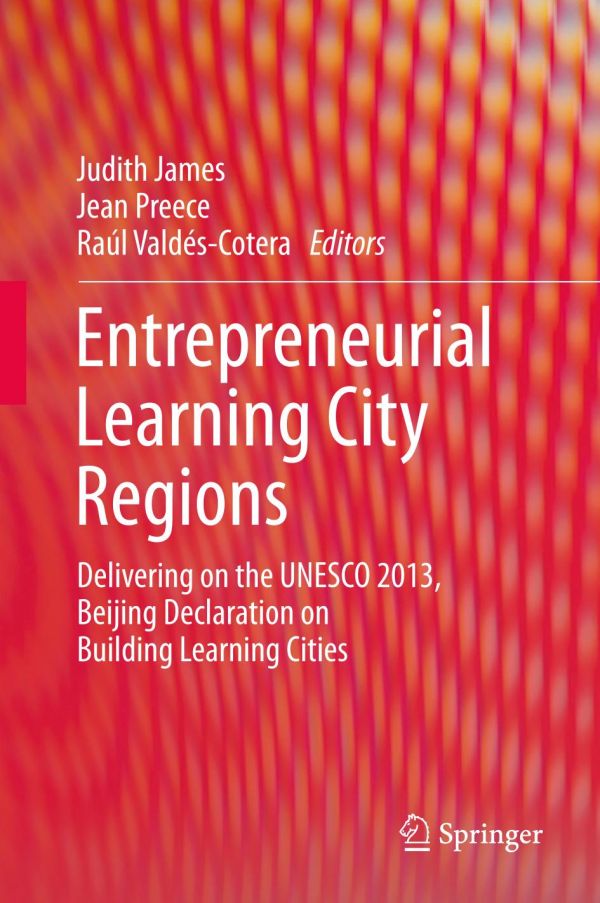

Most ebook files are in PDF format, so you can easily read them using various software such as Foxit Reader or directly on the Google Chrome browser.
Some ebook files are released by publishers in other formats such as .awz, .mobi, .epub, .fb2, etc. You may need to install specific software to read these formats on mobile/PC, such as Calibre.
Please read the tutorial at this link: https://ebookbell.com/faq
We offer FREE conversion to the popular formats you request; however, this may take some time. Therefore, right after payment, please email us, and we will try to provide the service as quickly as possible.
For some exceptional file formats or broken links (if any), please refrain from opening any disputes. Instead, email us first, and we will try to assist within a maximum of 6 hours.
EbookBell Team

4.1
30 reviewsThis book proposes an alternative strategy to improve and sustain prosperity, through the creation of an entrepreneurial culture in learning cities or city regions. The edited collection provides insights into how entrepreneurship, education, job creation and social inclusion can be aligned through entrepreneurial learning, in the context of territorial development. With rich and varied contributions from a wide field, including policy makers, entrepreneurs, an investment banker, leaders of universities and councils, the voluntary sector, scientists, educators and students, it reviews and assesses how learning cities and regions may become more prosperous by investing in the development of entrepreneurial skills throughout lifelong learning. Reinforced by examples on developing and retaining entrepreneurial people, this book contributes to our understanding of how entrepreneurial learning can be fostered in different city and city-region contexts. It makes an interesting contribution to the field in terms of mapping out complex issues and testing the practical validity of the concept, while also providing rich and insightful case studies centred on the Welsh experience with entrepreneurial learning city regions. The high quality international contributions demonstrate the new worldwide interest in developing an entrepreneurial culture for the benefit of a city or region, rather than an entrepreneurial mind-set for individual benefit. This fascinating subject will be of interest to many social scientists, policymakers, and practitioners. It will be found especially valuable for professionals involved in economic, inclusive and sustainable city or regional development.